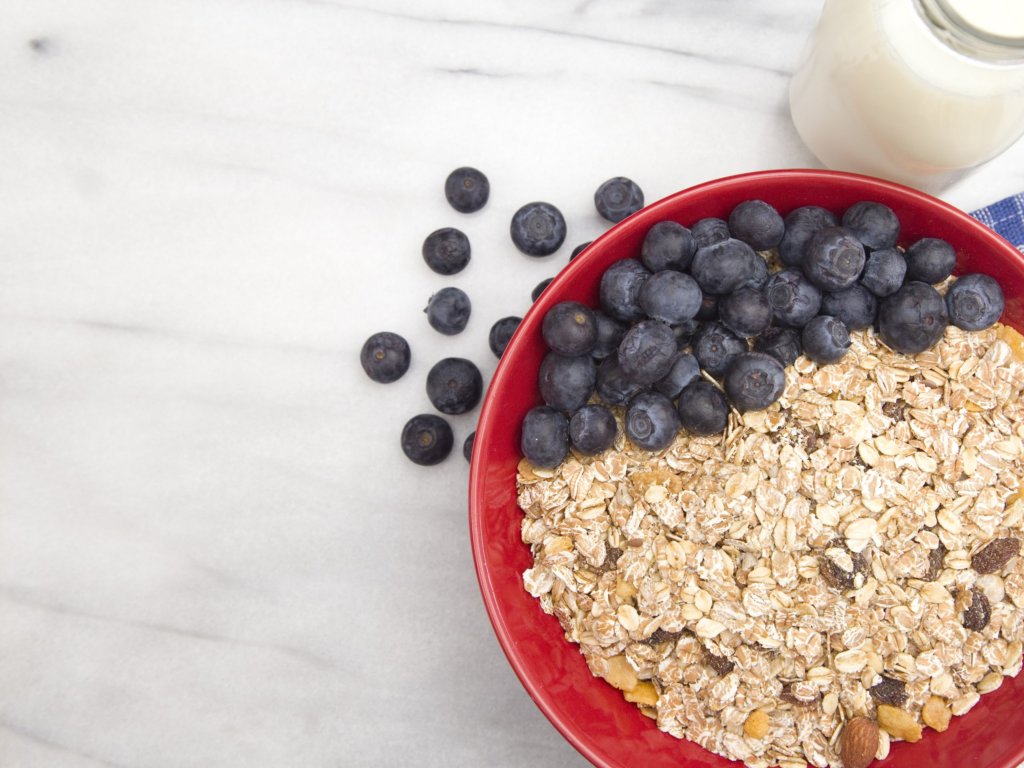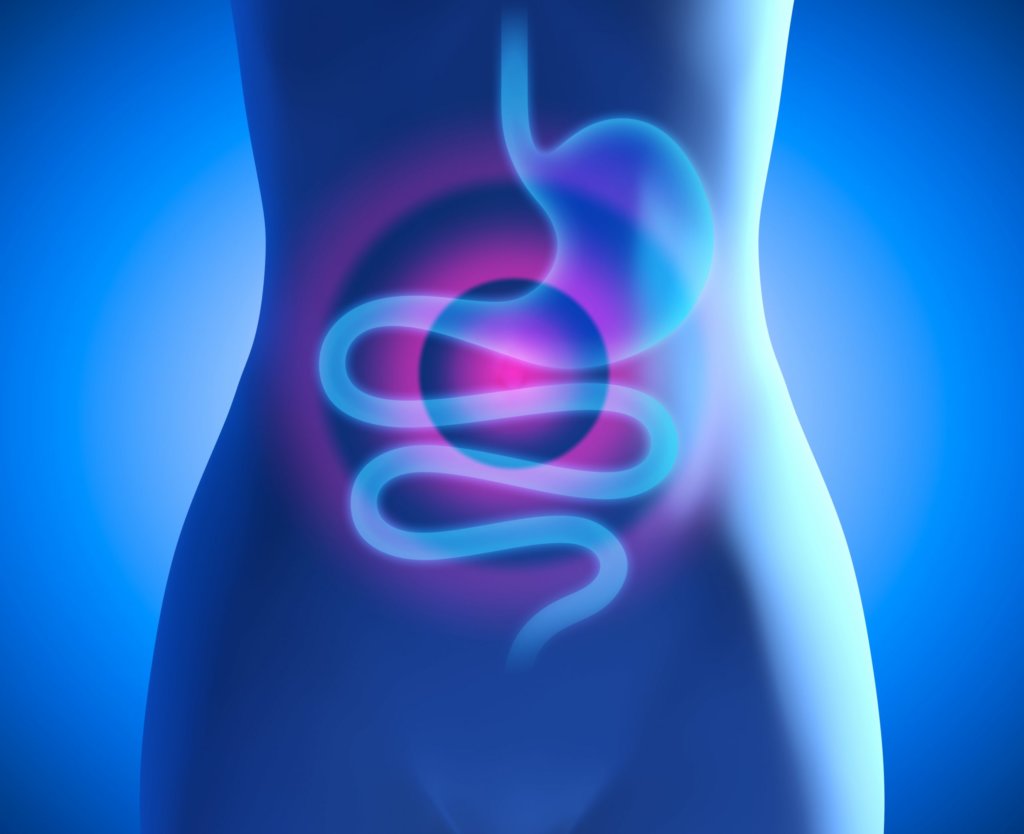Stress A Key Factor In Severe COVID-19

Stress levels may be a key factor in determining who suffers from severe COVID-19 and could potentially help measure who is at an increased risk of mortality. In a study conducted in London, researchers took the cortisol levels within 48 hours of hospital admittance in suspected COVID patients. Those who did not have COVID became […]
Eat More For Breakfast, Live Longer

Eating more of your calories during the first half of your day could mean a lower risk of mortality from diabetes and cardiovascular disease (CVD). A recent study found that if those with diabetes and cardiovascular disease make a small adjustment to the amount of food they eat in the second half of the day […]
Tolerating Disease Versus Fighting It

What causes animals (or humans) with identical genetic codes, gut microbes, and germ exposure to survive the same pathogen (and pathogen dosage), while another dies? Could the answer lie in manipulating the body to tolerate disease as opposed to fighting it? This is a theme that has received lots of attention in the last five years, […]
Antibiotic Use Increases The Risk Of Hospitalization

Increased antibiotic use is associated with an increased risk for hospitalization. The study looked at primary care medical records linked to hospital admissions in 1.8 million patients from 2000 to 2016, and analyzed those who had received systemic antibiotics. Infections of interest included urinary tract, ear, and respiratory (those with more serious chronic conditions like […]
Microbes Could Predict Who Gets Severe COVID-19

A first study of its kind shows that gut microbes could predict how seriously ill a Covid-19 patient might become. In the hopes to identify why some individuals with COVID-19 fare better than others, researchers created a risk score based on blood biomarkers found in severe COVID-19 patients. Scientists found that these biomarkers are linked […]
Non-Invasive Blood Assay Detects Early Colorectal Cancer

A new study looking at a non-invasive blood assay method to detect early colorectal cancer (CRC) could eventually mean the end of regular colonoscopy for CRC screening. The test capitalizes on new, more sensitive methods to detect circulating cells in the blood and looks at three blood markers: circulating gastrointestinal epithelial cells, somatic mutations and […]
Some Medications May Increase COVID-19 Risk

Certain medications could make you more susceptible to contracting COVID-19 and could worsen infection. NSAIDs: You may have already heard that non-steroidal anti-inflammatory drugs (such as ibuprofen and aspirin used to reduce pain, fever, and inflammation) may aggravate coronavirus infection. Because these drugs may affect the immune response, they can potentially elongate the infection time […]
Open Air Could Help Combat COVID-19

Fresh air and sunlight could be important factors in combating the Coronavirus. Past studies have highlighted the phenomenon called the “open-air factor” (OAF), defined as the “germicidal constituent in outdoor air that reduces the survival and infectivity of pathogens”, which has been proven to reduce the survival and infectivity of harmful bacteria such as Escherichia […]
COVID-19 Possesses A Strong GI Component

COVID-19 possesses a strong GI component. As details on coronavirus symptoms and transmission evolve, it has become clear that COVID-19 has a gastrointestinal element. Commonly reported coronavirus symptoms include nausea, abdominal discomfort, vomiting, and diarrhea, which often present themselves before the onset of respiratory symptoms. In fact, in the latest study looking at GI symptoms […]
Endocrine Disruptors Lower IQ In Offspring

Maternal exposure to endocrine disrupting chemical (EDC) mixtures are associated with lower IQ at the age of 7 in offspring. Previous studies have looked at the effects of single EDCs in children, and they have been linked to negative neurodevelopment outcomes. This latest study, published in the January of this year, looked at the impact […]





